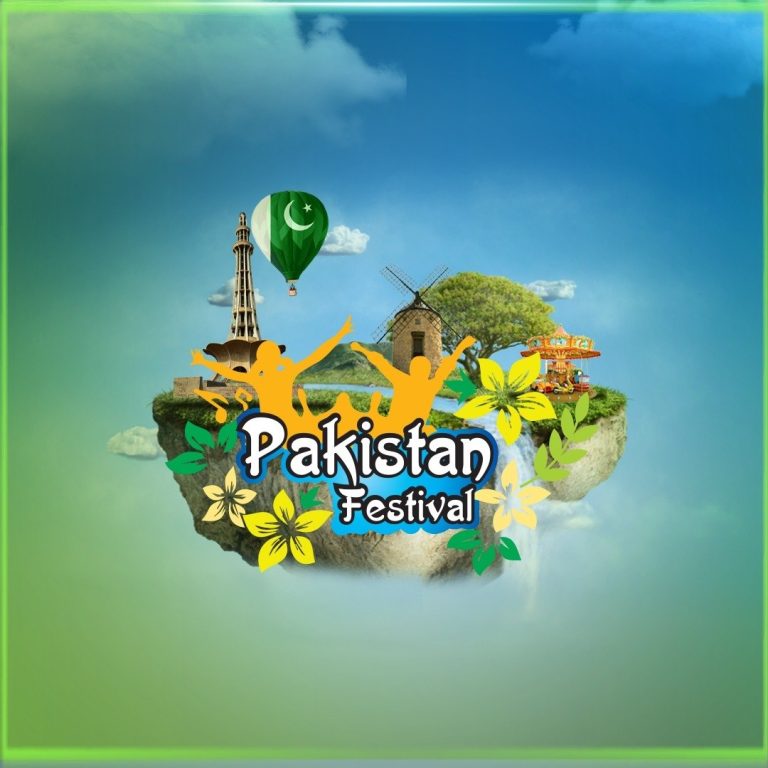Cultural festivals in Pakistan are a vibrant expression of the country’s rich heritage and diverse traditions. They reflect Pakistan’s multifaceted identity, showcasing its history, religion, and regional uniqueness. Here’s an overview of some of the most significant cultural festivals celebrated across the nation.
Eid-ul-Fitr: Marking the End of Ramadan
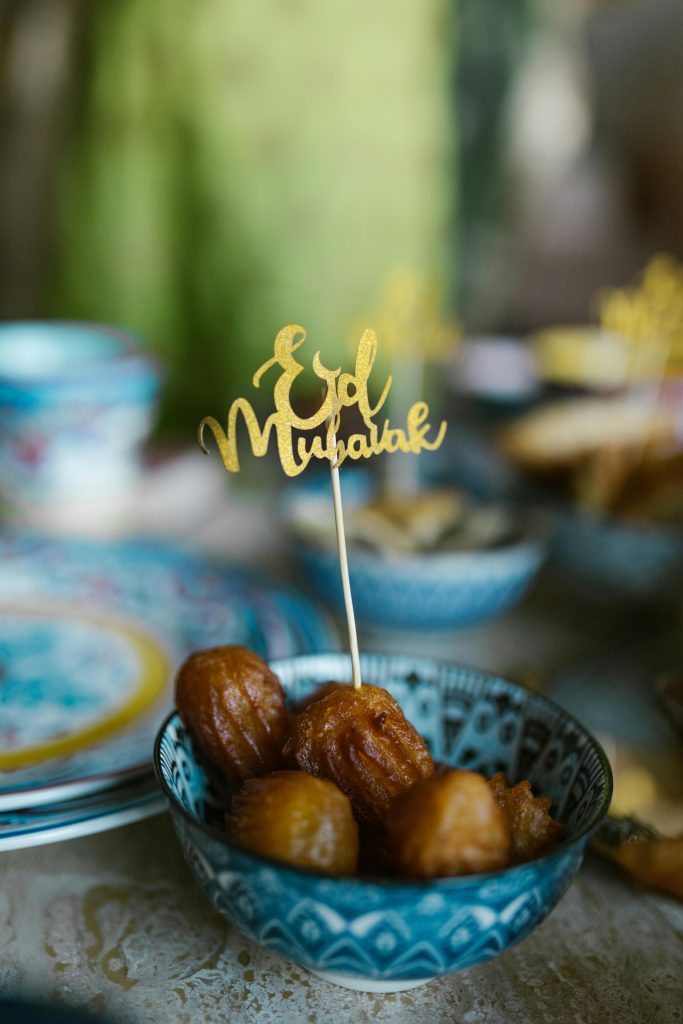
The Celebration
Eid-ul-Fitr is a major Islamic festival that marks the end of Ramadan, the holy month of fasting. It is a time of joy and gratitude. Families come together to perform prayers in mosques, exchange gifts, and distribute charity to those in need. Streets are decorated, and homes are filled with the aroma of festive foods. The festival emphasizes joy, reflection, and community spirit.
Eid-ul-Adha: The Festival of Sacrifice
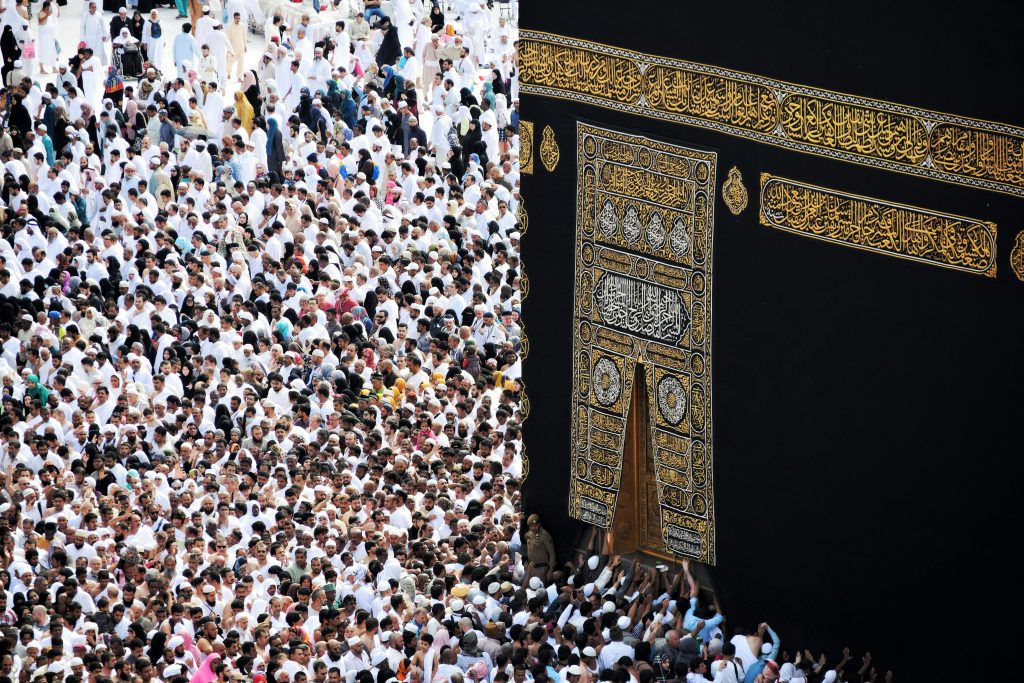
The Tradition
Eid-ul-Adha commemorates the willingness of Ibrahim (Abraham) to sacrifice his son as an act of faith in God. In Pakistan, the festival is observed by slaughtering animals such as cows, goats, and sheep. The meat is divided among family, friends, and the less fortunate. This festival is marked by prayers, communal meals, and acts of charity, symbolizing sacrifice and compassion.
Basant: The Kite Festival
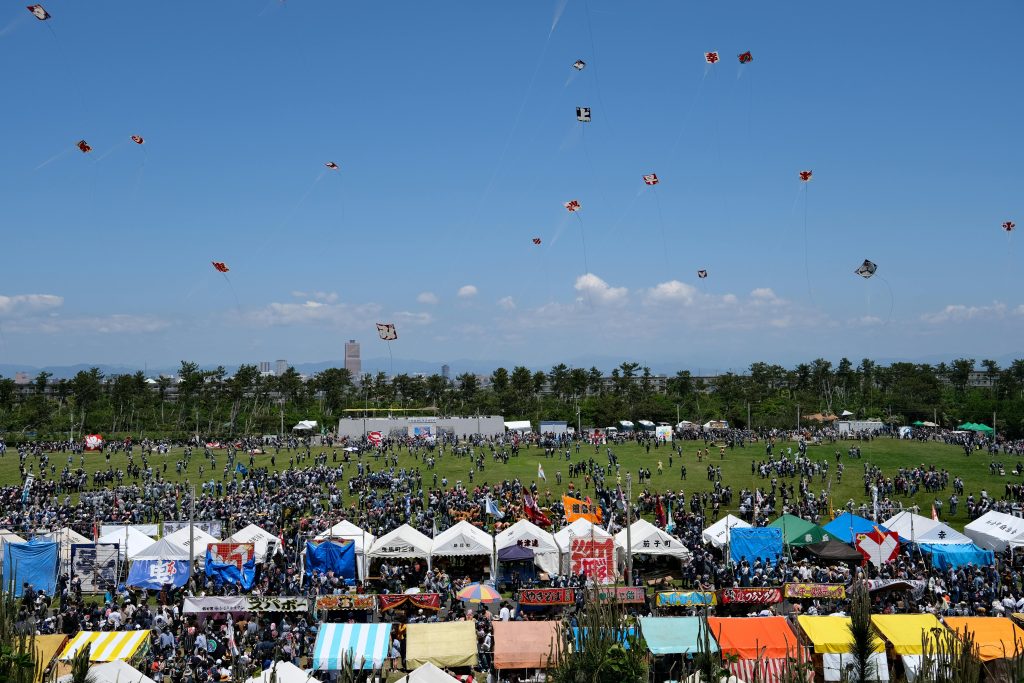
The Festivities
Basant, or the Kite Festival, is a lively celebration held in Punjab to welcome the arrival of spring. Participants fly colorful kites, wear yellow clothing, and enjoy traditional foods like halwa puri. Despite safety concerns that have led to restrictions in some areas, Basant remains a cherished cultural event.
Urs at the Shrine of Saints
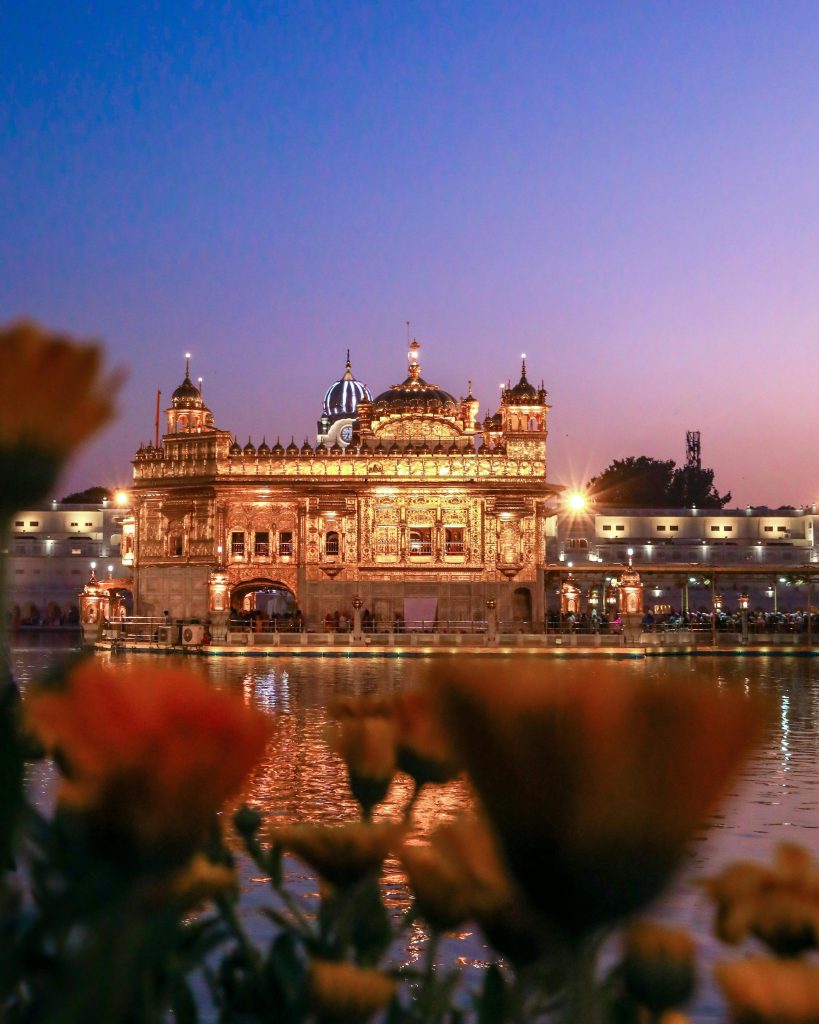
The Observance
Urs is an annual festival held at the shrines of Sufi saints, marking the anniversary of their death. It is a time for spiritual reflection, music, and poetry. Devotees gather to pay homage, seek blessings, and participate in qawwali (devotional music). Urs transcends religious and cultural boundaries, drawing people from various backgrounds.
The National Horse and Cattle Show
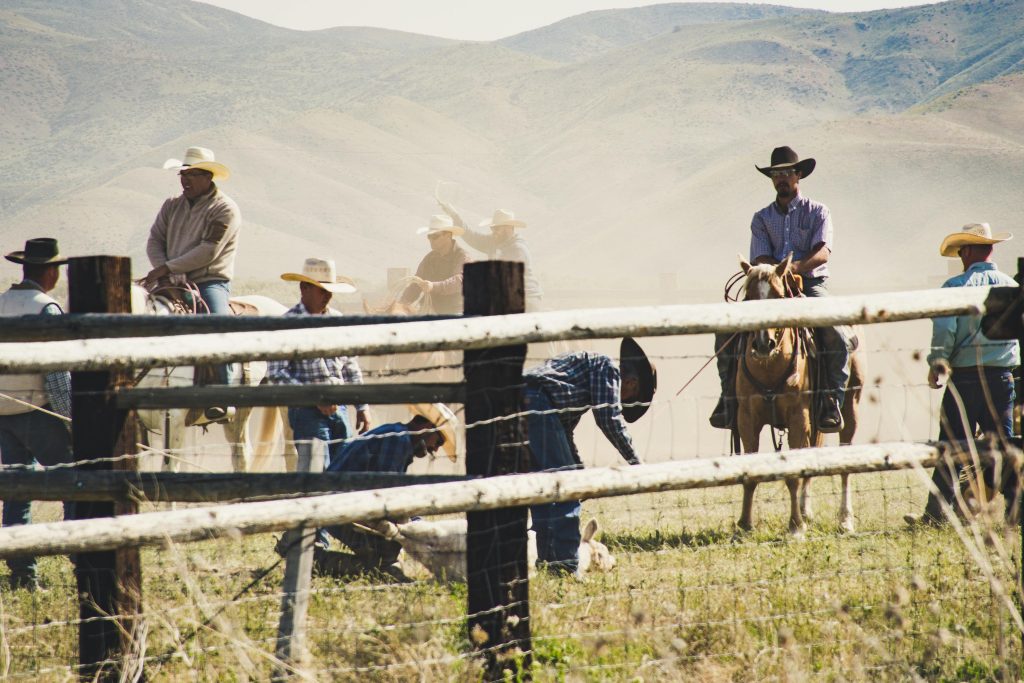
The Event
The National Horse and Cattle Show, held in Lahore, celebrates Pakistan’s rural heritage. The event features traditional sports, folk dances, and animal exhibitions, highlighting the country’s agrarian roots and rural life. It provides visitors with a glimpse into traditional customs and the resilience of rural communities.
Kalash Festivals
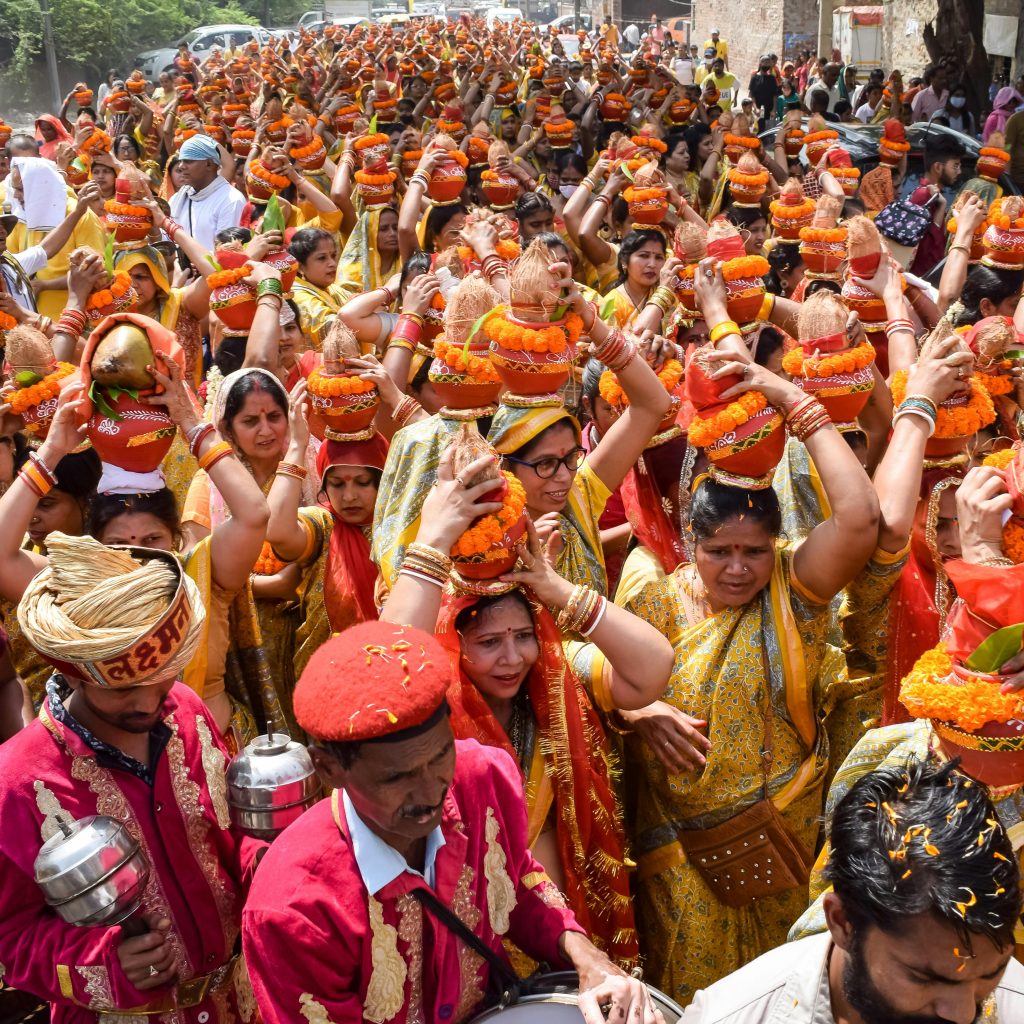
The Celebrations
In the Kalash Valley, surrounded by the Hindu Kush mountains, the Kalasha people celebrate three major festivals: Chilam Joshi in spring (around May 13), Uchal in summer (starting August 20), and Choimus in winter (beginning December 15). These festivals involve rituals, dances, and offerings to gods and spirits. They also provide an opportunity for social interaction and cultural preservation in the scenic Kalash Valley.
Shandur Polo Festival

The Highlights
The Shandur Polo Festival, held near the Shandur Pass in Chitral, is renowned for its high-altitude polo matches between teams from Chitral and Gilgit-Baltistan. The festival also features folk music, dance performances, and handicrafts, offering a rich cultural experience in one of the highest polo grounds in the world.
Nowruz: The Persian New Year
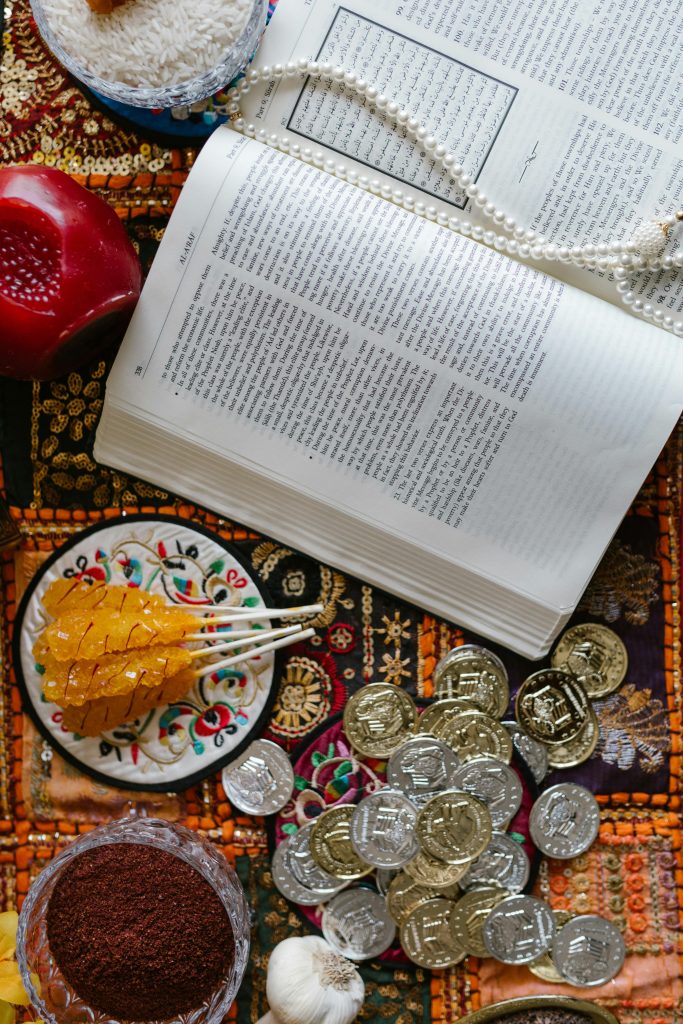
The Observance
Nowruz, or the Persian New Year, is celebrated by the Persian-speaking communities in northern Pakistan, such as Gilgit-Baltistan. It marks the beginning of spring and is celebrated with traditional ceremonies, foods, and music. The festival highlights Pakistan’s cultural diversity and the harmonious coexistence of different cultures.
Sindh Cultural Festival: Sufi Music and Dance

The Focus
The Sindh Cultural Festival showcases Sindh’s rich heritage, focusing on Sufi music and dance. It features performances of qawwali (devotional music), dhamaal (a traditional dance), and Sufi poetry. The festival celebrates the province’s historical and cultural significance, attracting visitors from across the country.
Lok-Virsa Folk Festival
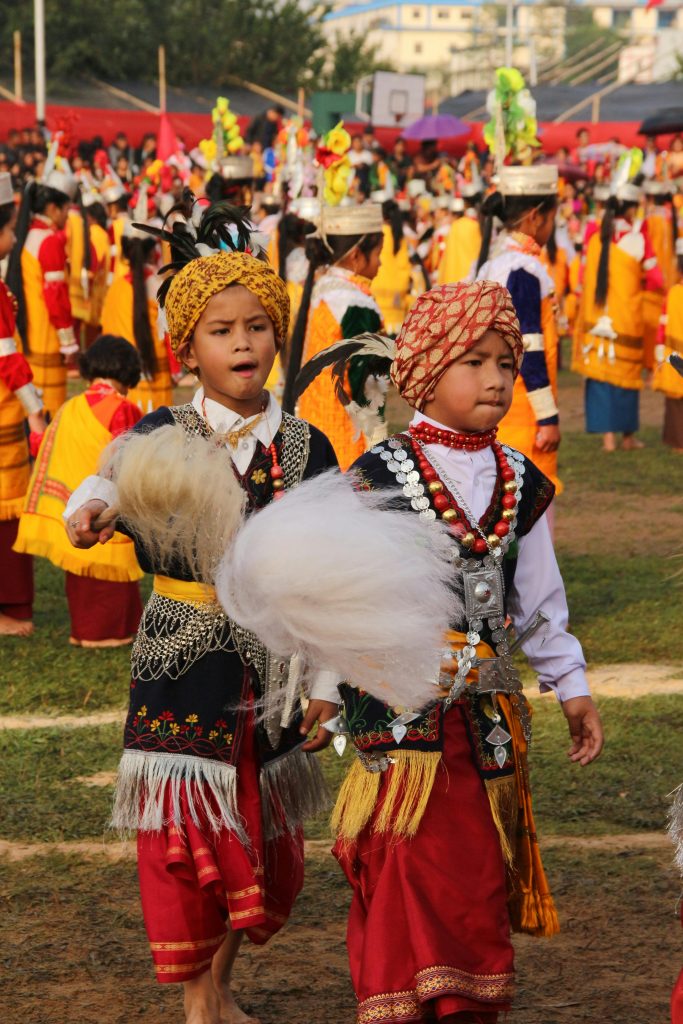
The Event
The Lok-Virsa Folk Festival, held annually in October, is Pakistan’s largest cultural event. It draws musicians, artists, and craftspeople from over 20 countries. The festival, hosted at Lok Virsa in Islamabad, features pavilions representing various provinces and showcases traditional folk customs and crafts. It runs for ten days and offers a comprehensive view of Pakistan’s diverse cultural heritage.
Cultural festivals in Pakistan are more than just celebrations; they are a reflection of the nation’s diverse traditions and historical depth. Each festival plays a role in preserving and promoting the rich cultural tapestry of the country.


